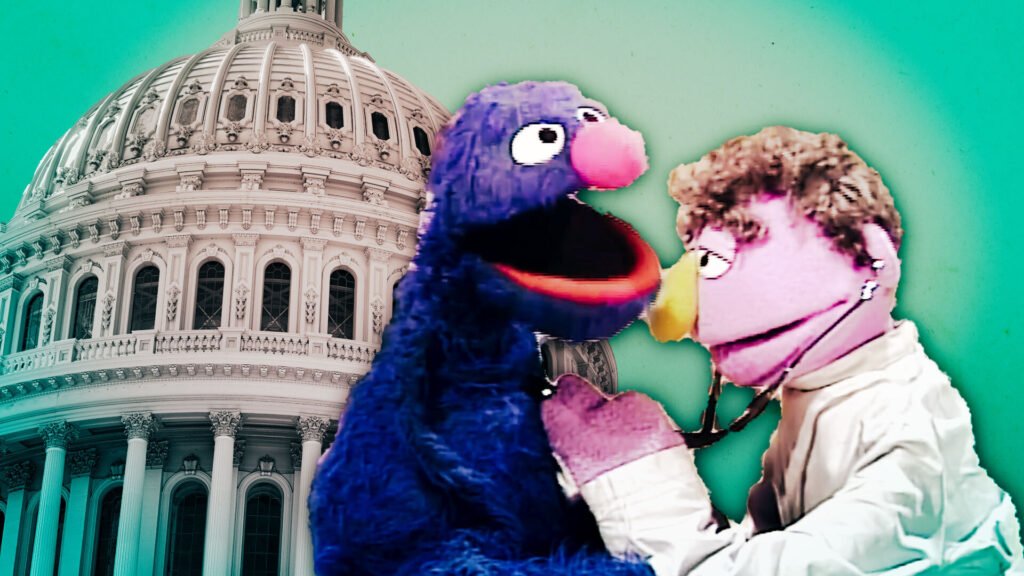Congressional Republicans passed legislation early on Friday morning to rescind previously appropriated funds for this year, resulting in significant cuts to foreign aid and public broadcasting. While none of the funding targeted domestic health care programs, the passage of this rescissions package could have broader implications for bipartisan cooperation on health care initiatives.
The move to claw back funds has raised concerns among Democrats, who may now be hesitant to collaborate with Republicans in light of this unilateral action. Adding to the uncertainty, White House Office of Management and Budget Director Russ Vought hinted at the possibility of submitting another rescissions package to Congress, although the specific details of this proposal remain unclear.
The decision to rescind funds highlights the ongoing challenges in navigating the political landscape and reaching consensus on budgetary matters. The implications of these cuts extend beyond the immediate financial impact, potentially affecting future negotiations and collaborations between parties.
As the political climate continues to evolve, stakeholders in the health care sector and beyond must remain vigilant and adaptable in responding to changing dynamics. The repercussions of these rescissions could reverberate across various policy areas, underscoring the need for strategic planning and proactive engagement in the face of uncertainty.


